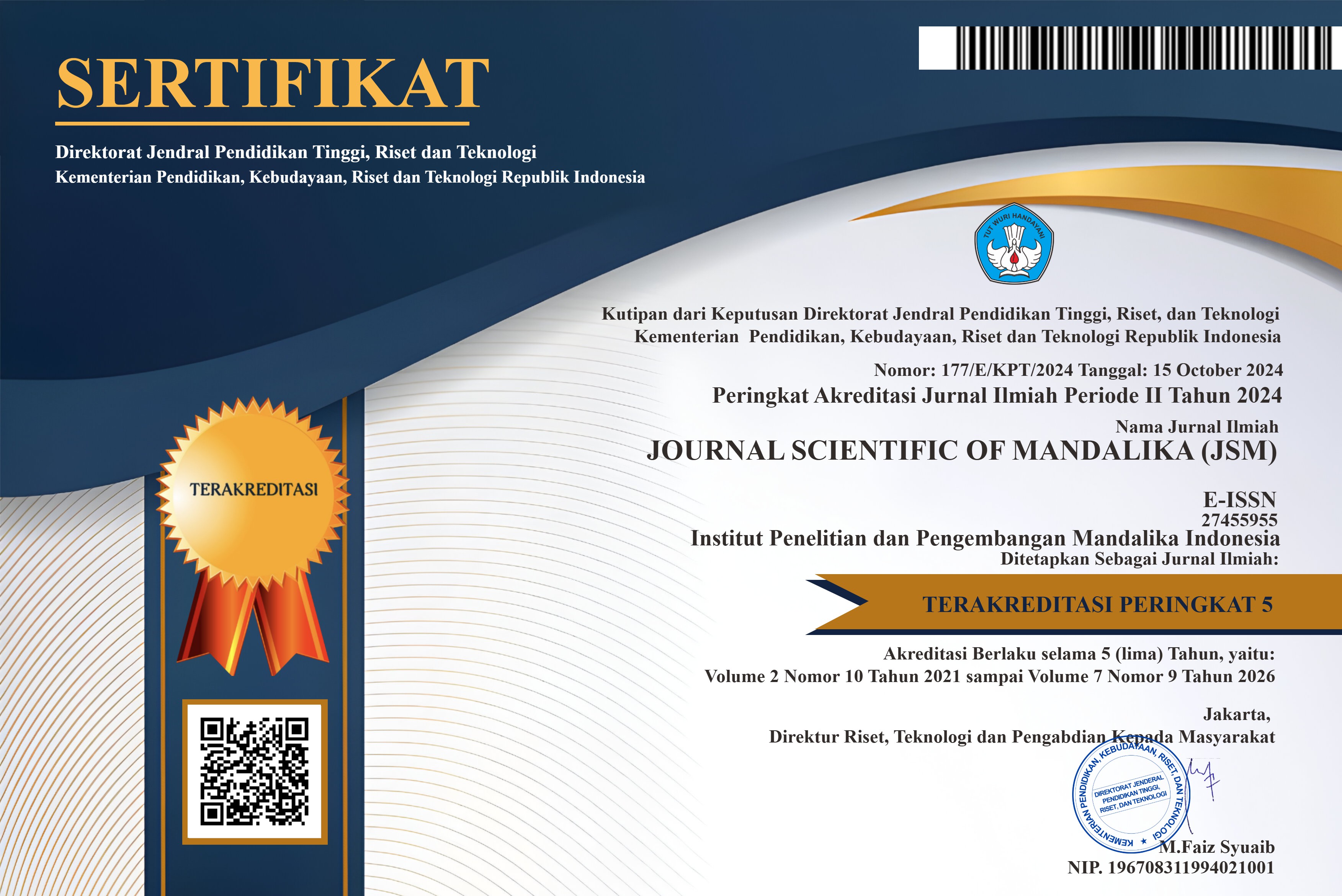Peran Hormon Reproduksi dalam Menstabilkan Parameter Biokimia Darah pada Hewan Ternak dengan Pola Pemberian Pakan Berbeda
Abstract
This study examines the role of reproductive hormones in stabilizing blood biochemical parameters in livestock subjected to different feeding patterns. Utilizing a qualitative approach through a comprehensive literature review, the research analyzes existing studies that highlight the relationship between reproductive hormones, such as estrogen, progesterone, and testosterone, and their influence on metabolic functions in animals. Variations in feeding patterns, including high-protein, high-fiber, and conventional diets, are explored to understand their effects on hormone levels and subsequent biochemical parameters, including glucose, cholesterol, and protein levels in the blood. The findings indicate that reproductive hormones play a crucial role in regulating metabolic processes, which are significantly affected by dietary composition. For instance, high-protein diets have been shown to enhance hormone secretion, leading to improved metabolic stability and better overall health in livestock. Conversely, inadequate or imbalanced feeding can disrupt hormonal balance, resulting in adverse biochemical changes. This research underscores the importance of optimizing feeding strategies to support reproductive health and metabolic efficiency in livestock. The insights gained from this study can inform livestock management practices, ultimately enhancing productivity and animal welfare.
Copyright (c) 2025 Joana da Costa Freitas

This work is licensed under a Creative Commons Attribution-ShareAlike 4.0 International License.














